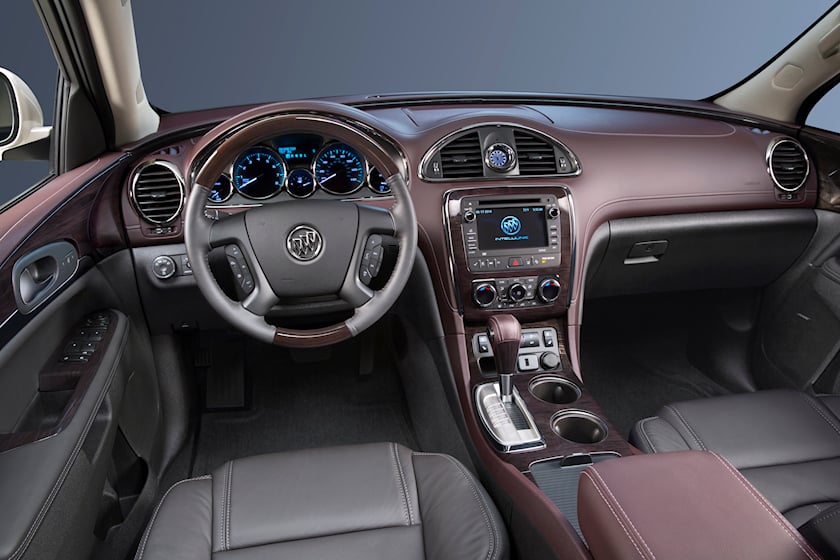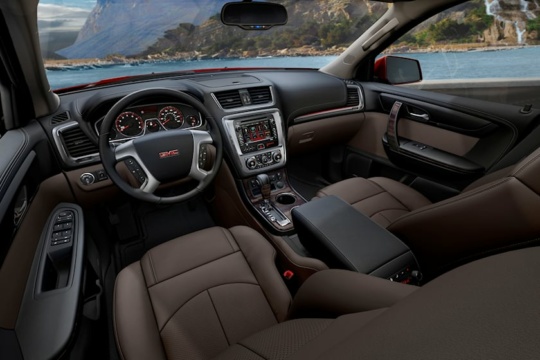Despite reports of potential airbag inflator explosions that have already resulted in two fatalities in the United States and Canada, ARC Automotive Inc., a Tennessee-based airbag manufacturer, is refusing to comply with the recall demand issued by the National Highway Transportation and Safety Administration (NHTSA) for a staggering 67 million vehicles.
In a recent communication posted on its official website, the NHTSA highlighted the issue of welding debris during the manufacturing process, which has the potential to obstruct the designated ‘exit orifice’ responsible for the release of gas to inflate the airbag during a crash. The agency emphasized the criticality of this matter, as any blockage can result in a dangerous increase in pressure within the inflator, leading to its rupture and the expulsion of harmful metal fragments.

Does this scenario sound familiar? It should, as it closely resembles the events of the notorious Takata airbag crisis in 2015, which stands as the largest-ever vehicle recall in automotive history. In the aftermath, Takata filed for bankruptcy. As of December last year, a minimum of 24 fatalities in the United States can be attributed to faulty Takata inflators.
Amidst this recent development, General Motors has taken proactive measures by issuing a recall for vehicles that are fitted with the aforementioned ARC inflators.
As of now, the recall includes select 2014-2017 Buick Enclave, Chevrolet Traverse, and GMC Acadia SUVs. Nevertheless, ARC Automotive Inc. has refused to comply with the demand from federal authorities, arguing that there is insufficient evidence to substantiate the presence of an actual defect.

In a detailed response, Steve Gold, the vice president of the company, expressed his disagreement with the position taken by the NHTSA, stating that it lacks a solid foundation of technical or engineering objective data. Gold emphasized that the NHTSA’s assertions regarding the potential blockage of the inflator orifice by “weld slag” are merely conjectural and lack substantial evidence to support their claims. He further argued that the company’s own extensive testing and analysis have failed to identify any concrete evidence of a defect in the ARC inflators, casting doubt on the need for a recall. Gold highlighted the importance of relying on comprehensive scientific data and rigorous testing protocols to determine the existence of any potential issues before issuing a recall.
Gold further contends that there is no conclusive evidence linking welding debris to the reported inflator ruptures in the United States. The company asserts that only five ruptures have been documented, which is insufficient to establish a widespread and inherent defect in this particular vehicle population.




